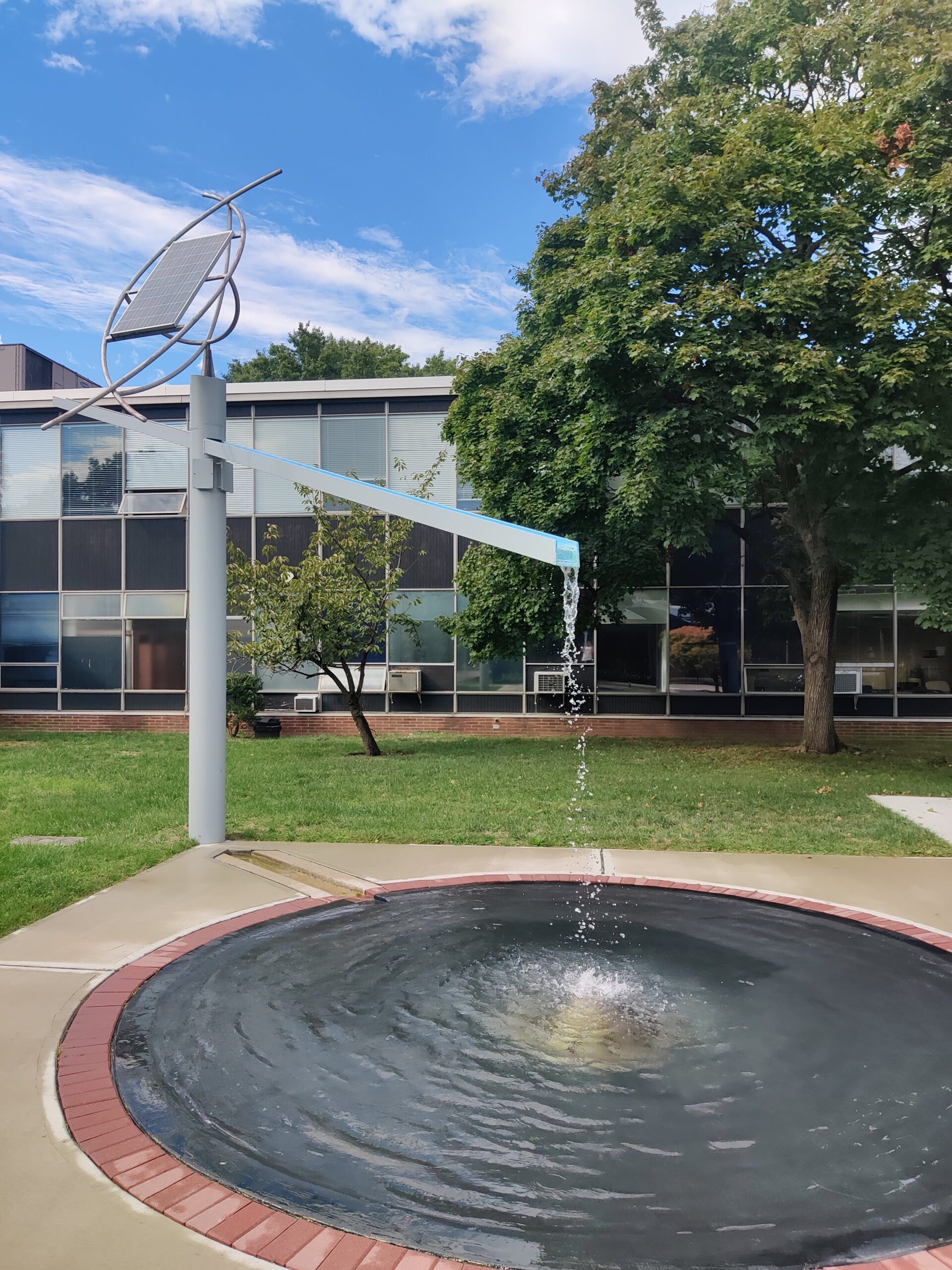By Andrey Nalbantov | Published September 30, 2022
I’ve been staring at the blank page of my laptop for a while now, wondering how I should tackle this topic. As a non-American, talking or writing about topics that are rooted so deeply in American culture always came as a challenge to me.

9/11 is one of those topics. As someone who was not born in the United States, and learned about the tragic event through the two-part miniseries “The Path to 9/11” when I was 14, I was barely able to fathom the disaster that occurred on that day.
A mixture of my youth and a 6,000-mile distance between my home country and the U.S. added to my little knowledge of 9/11. Yet, I could not help but feel an overwhelming sense of sadness throughout the movie, almost as if I were there to witness it.
I was barely 1-years-old when 9/11 happened and I wasn’t even born in the country, so why did I feel such emotions and respect?
Doctor Lauretta A. Farrell, director of the Human Rights Institute at Kean, believes that the reason why so many people from different countries mourned the tragic event of 9/11 was that it brought a lot of people together through compassion.
“We all let down our individual identities,” Farrell said. “We all came down together as human beings.”
Of course, in the following years, my empathy and respect for America after 9/11 grew even stronger because I decided to gather more knowledge. Yet still, I could not grasp it fully being so far away.
When I immigrated to the U.S, I got to visit the 9/11 memorial. I felt chills going down my spine, and sadness filling my heart while reading the names of all the victims and looking at the Memorial Monument at Ground Zero where the frighteningly tall South and North Towers once stood.
“I think September 11 will always be a day that evokes sadness and tragedy,” Farrell said.
While 9/11 is an event that can gather many of us to collectively grieve, it is also an event that led to racial and religious division, an event that, according to Farrell, created the assumption in the U.S. that all Muslims are bad in the eyes of a lot of people.

Dr. Xurong Kong, a Chinese-born associate professor here at Kean, recalled when she found out about the tragic event for the first time. She was taking a French class in Wisconsin when a classmate came into class and said someone attacked the World Trade Center.
“We thought, ‘oh yes, right, he was making an excuse for his tardiness,’” Kong said. “After that class, we saw the burning and smoking images; we were all shocked and tried very hard to understand what was going on.”
The event pushed Kong to think even harder about many different social issues, such as religious and cultural conflicts, she said.
9/11 will forever remain cemented in our history books as one of the most tragic events that not only shook the U.S. but the entire world – an event that made us gather and mourn together no matter where we live.

You must be logged in to post a comment.